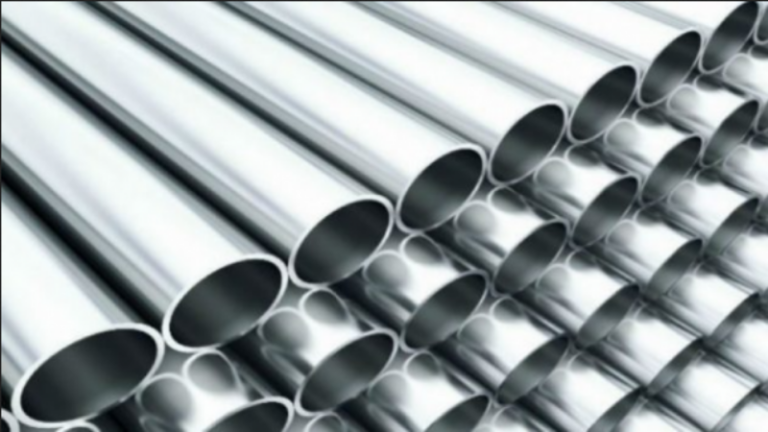If your work calls for precision machining, you might need to use materials like aluminum cast tool and jig plate. It is designed to keep its dimensional stability and can be machined with great precision. However, not all aluminum alloys are the same and some of the best plate products are made with either 5083 or 7000 series alloys. Let’s explore the upsides and downsides of each selection to help you make an informed decision.
Things in Common
Both 5083 and 7000 (like 7075) can be machined to high tolerances which make them good choices for precision CNC machining processes. Both products have excellent stability and can be purchased in thickness of up to four inches.
Anodizing
Anodizing aluminum helps to increase its resistance to corrosion by producing a layer of aluminum oxide on the surface. It’s done with an electrolytic method. If you need anodizing, 5083 aluminum cast tool and jig plate is the best choice, because 7000 series alloy does not lend itself well to the process of anodizing.
Weight
Although all aluminum alloys are known for their light weight, some are less dense than others. For example, 5083 is about five percent less dense than 7000 series alloy. This gives you a lighter product and this is an important consideration for aerospace applications.
Size
Do you have the need for large aluminum sheets? 7000 series aluminum cast tool and jig plate comes in widths of 60.5 inches and lengths of 144.5 (slightly over 12 feet). On the other hand, you can buy 5083 plate as large as 98 inches wide and 288 inches long (24 feet).
Fabrication
When it comes to welding, you’ll have much better luck with 5083 alloy and welding is not usually recommended for 7000 series plate. Even though 5083 is relatively new compared to 7000 series, its benefits are substantial.


